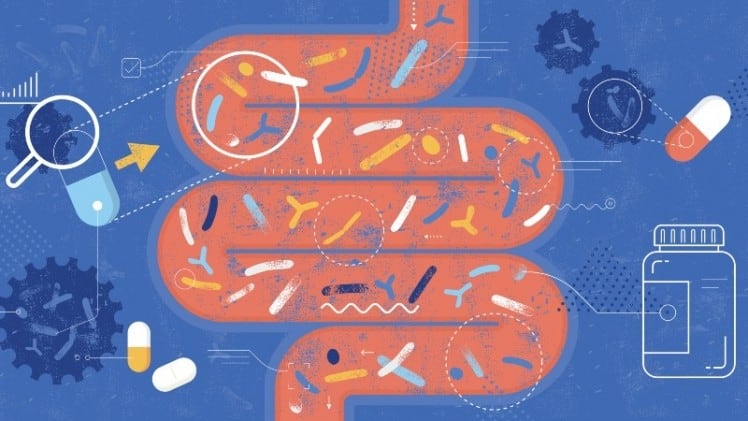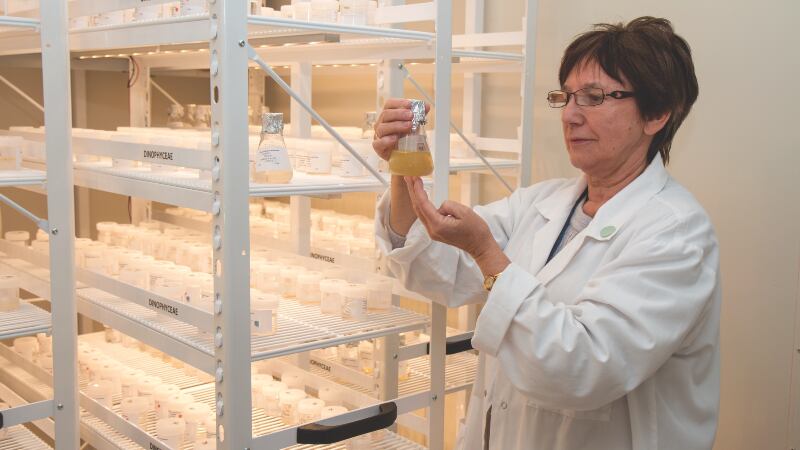Diabetic benefit: EPA found to reduce cardiovascular risk in patients – meta analysis
The supplementation of eicosapentaenoic acid (EPA) has shown to lower the risk of cardiovascular diseases in diabetic patients, according to a meta-analysis conducted by Chinese researchers.
Eight randomised controlled trials involving 57,754 participants were included in the meta-analysis.
It found that omega-3 fatty acids supplementation in general had significantly reduced cardiovascular incidences in patients with diabetes. However, the risk was even lower when the patients were supplemented with EPA alone, than the combination of EPA and DHA.
‘Good for industry, good for policy’: Large scale study to assess benefits of ‘NZ diet’ on key health outcomes
New Zealand researchers are hoping that results from a new, large-scale dietary intervention study will underpin domestic nutrition policies and boost export opportunities.
He Rourou Whai Painga is a two-year study that aims to develop a ‘New Zealand diet,' comprising of predominantly locally produced food and beverages, to improve the metabolic and cardiovascular health for at-risk individuals.
The two-year study - set to complete in June 2024 - involves 200 participants and families from Auckland, Christchurch, Wellington, and Kokiri Marae in Lower Hutt.
Collagen peptide reduces post-exercise muscle soreness, fatigue in middle-aged men – RCT
The supplementation of collagen peptide has shown to reduce exercise-induced muscle soreness and fatigue in middle-aged men, making it a potential sports nutrition candidate.
This is based on a 33-day long trial involving 20 middle-aged men who were randomised to take either five grams of fish-derived collagen peptides or dextrin. On the 29th day of the trial, all of them did a maximum of five sets of 40 bodyweight squats to measure the effects of collagen supplementation on muscle soreness.
Writing in the Journal of the International Society of Sports Nutrition, the researchers reported that the level of fatigue and muscle soreness right after exercising was significantly lower in the intervention group, which showed that collagen peptide intake could ease and improve exercise performance.
LC-Plasma’s symptom-relief effects show promise as adjunctive treatment for COVID-19 – Kirin and Nagasaki University
Joint research by Kirin Holdings and Nagasaki University has found that Lactococcus lactis strain Plasma (LC-Plasma) could hasten recovery of smell and taste dysfunction caused by COVID-19.
A total of 100 patients who had COVID-19 were randomised to take either LC-plasma or placebo for 14 days. The changes in subjective symptoms — fatigue, headache, anosmia (partial or full loss of smell) and dysgeusia (taste disorder) etc — were measured using a 4-point scale, with zero for not affected and three for severely affected.
It was found that the percentage of patients who scored zero for smell and taste dysfunction was significantly higher in the LC-Plasma group at nearly 95 per cent, while that of the placebo group was less than 85 per cent.
Japan RCT supports γ-tocopherol’s potential to improve some PMS symptoms
Intake of γ-tocopherol for seven weeks has been shown to reduce premenstrual (PMS) symptoms such as water retention.
The findings were based on a 7-week trial conducted on 51 Japanese women. They were randomised to take either γ-tocopherol or placebo twice a day during the luteal phase of one menstrual cycle.
Significant improvements were seen in water retention, such as “swelling of the legs” and “heavy legs” in the intervention group. The researchers said that this could be due to the ability of a γ-toc metabolite in removing salt (sodium) and water from the body.





